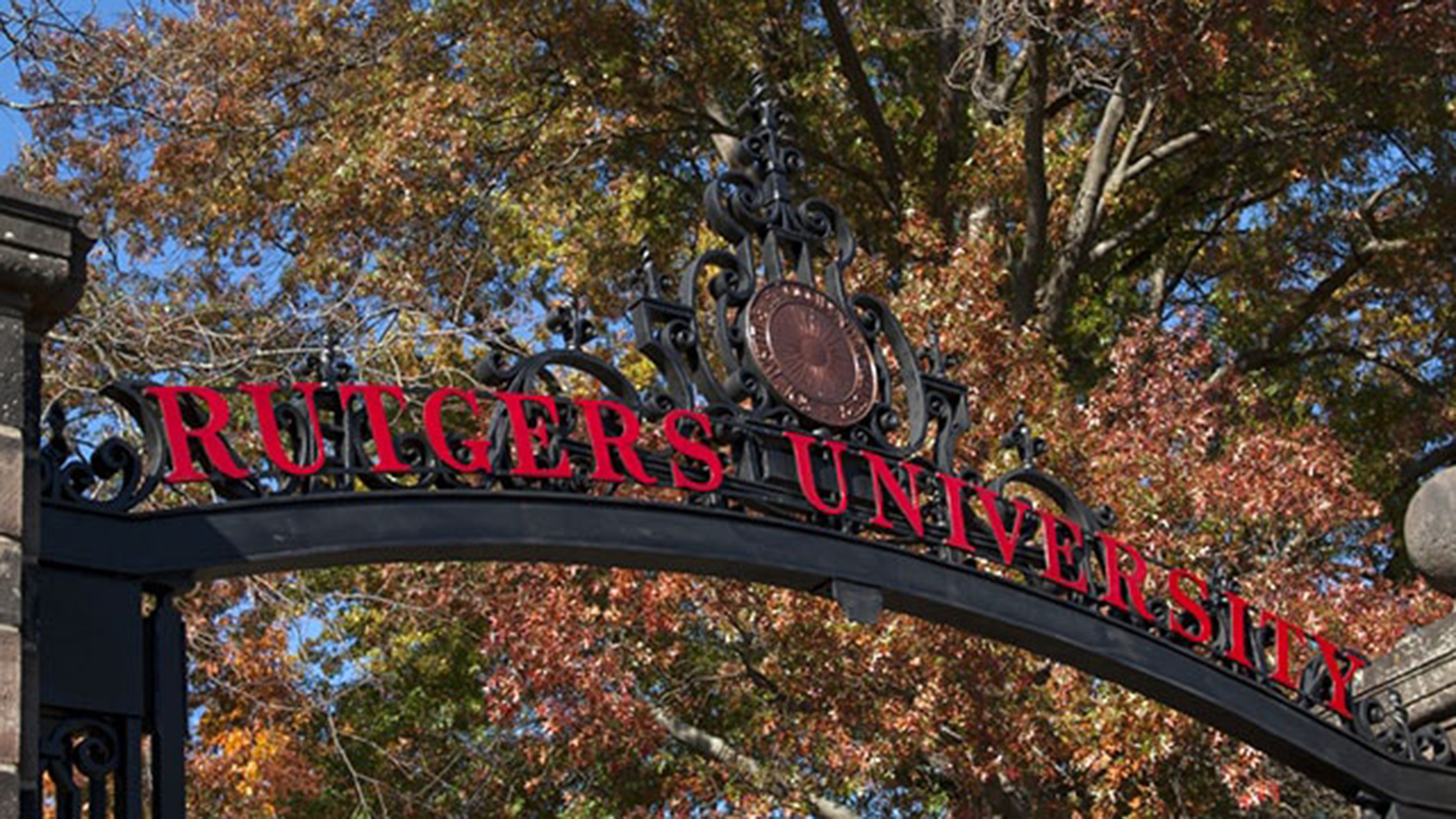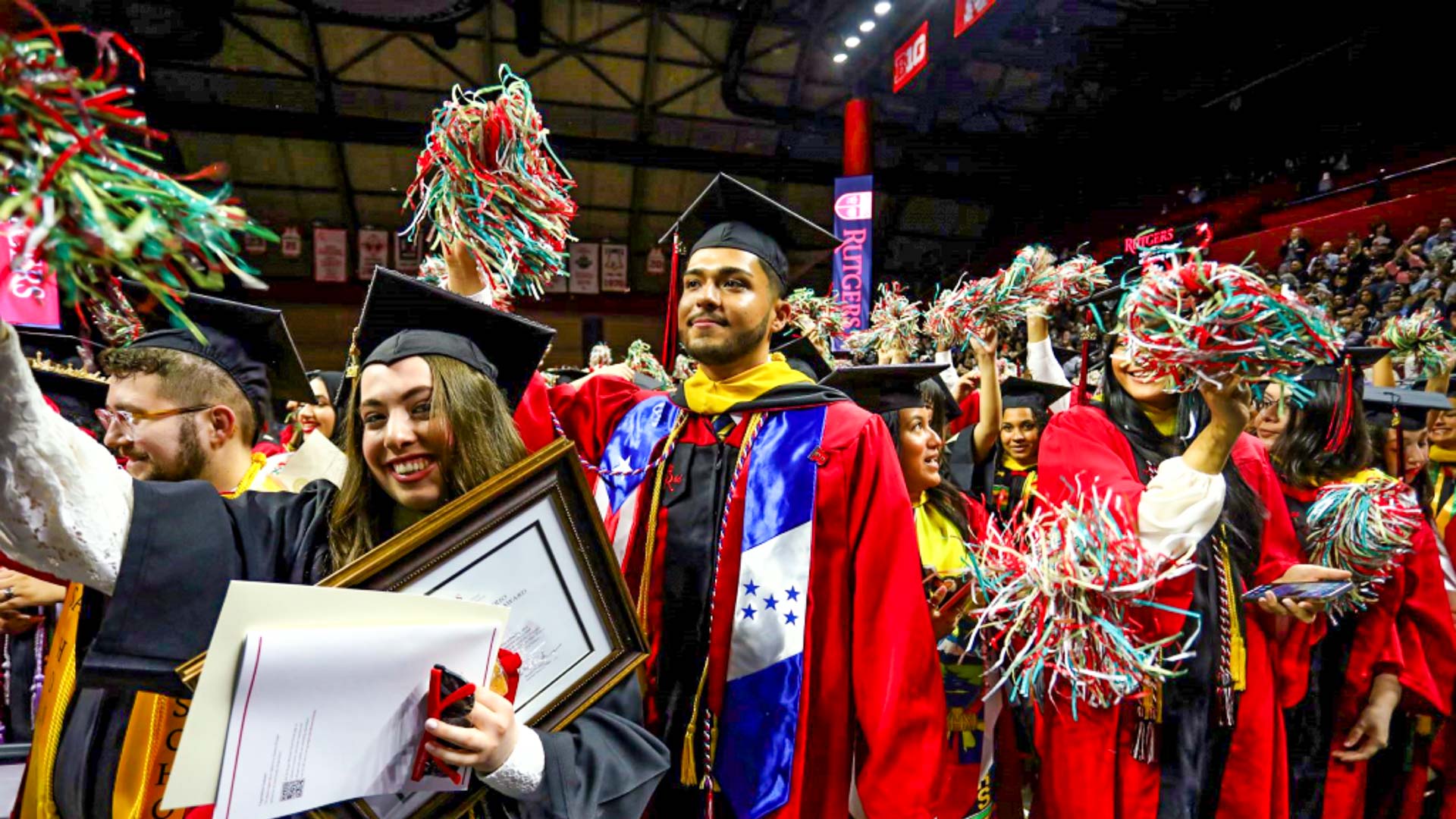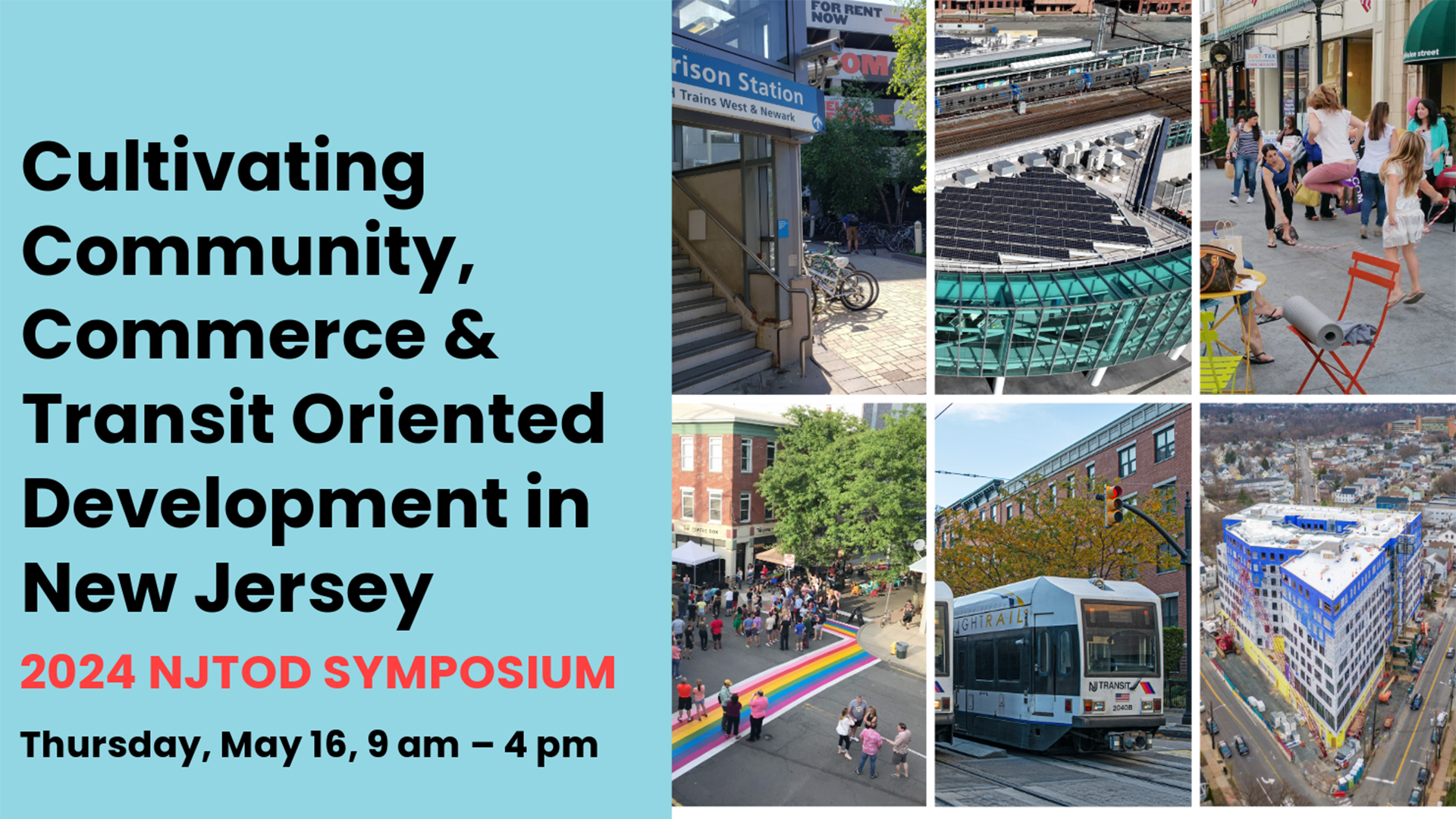In this study, we investigate the difference between shared electric bicycles (e-bikes) and conventional shared bikes operated by Citi Bike in New York City.
Topic
Posts
Bike-share programs aren’t profitable but chip away at emissions
But some say money can’t define bike-share programs’ success. Reminder, said Robert Noland, a professor of planning and public policy at Rutgers University: All transportation costs governments money. “So it’s fairly cheap for a city or the state to subsidize...
Research: Does weather affect micromobility?
When deciding whether to use a shared dockless e-bike, docked bikeshare, or shared e-scooter, weather is often a factor in user decision making.
Research: Bikeshare programs are a valuable part of comprehensive urban transportation systems
Seula Lee MCRP ’20 and Distinguished Professor Robert B. Noland recently explored bikeshare trips in Seoul, South Korea.
Research: Bikeshare and subway ridership changes during the COVID-19 pandemic in NYC
Using open data sources on New York City’s Citi Bike system and turnstile entry data for the subway, Haoyun Wang and Robert Noland found that the pandemic had an impact on bikeshare and subway ridership.
Research: Bikeshare usage change in New York City due to COVID-19 pandemic
Bikeshare use in NYC dropped during the early months of the pandemic, but had largely recovered by the summer.
Bloustein students get glimpse of top-down transportation, pedestrian planning efforts in Philadelphia
In early October a group of Bloustein graduate students were given an glimpse of big city bicycle and pedestrian planning from a governmental perspective. Nine students from the Walk Bloustein Bike Bloustein graduate student organization traveled to Philadelphia to...
Upcoming Events
Rutgers University–New Brunswick and Rutgers Health Commencement 2024
SHI StadiumJoin us for the 258th Anniversary Commencement at Rutgers University–New Brunswick and Rutgers Health on Sunday, May 12, 2024, at SHI Stadium, starting at 10 a.m. President Jonathan Holloway will preside over […]
Bloustein School Convocation
Jersey Mike's Arena 83 Rockefeller Road, Piscataway, NJ, United StatesThe formal BLOUSTEIN SCHOOL CONVOCATION ceremony will recognize each graduate individually with pomp and circumstance. Students will cross the stage and have their names read as they are recognized. Seating is general […]
Implications of Robotics for Public Policy
VirtualThis presentation offers a systematic analysis of the emerging routes by which applications of embodied artificial intelligence—robotics—elicit public policy responses.
2024 Transit-Oriented Development Symposium
Bloustein School, Civic Square Building 33 Livingston Avenue, New Brunswick, NJ, United StatesRegistration is now open for the 2024 TOD Symposium. This free full-day event will be held in person on Thursday, May 16, 2024 at the Edward J. Bloustein School of […]
2024 New Jersey Big Data Alliance Annual Symposium: Artificial Intelligence Impacts on Society & Higher Education
Douglass Student Center 100 George Street, New Brunswick, NJ, United StatesThe New Jersey Big Data Alliance (NJBDA) is an alliance of leading higher education institutions, government organizations and industry members that catalyzes research and collaboration in advanced computing and data […]





